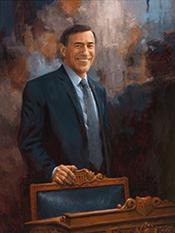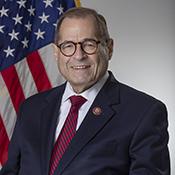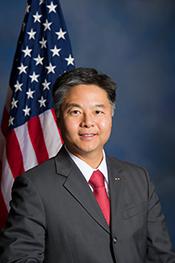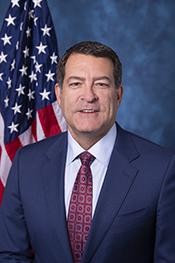0
American Music Fairness Act of 2025
2/28/2025, 9:08 AM
Summary of Bill HR 861
Under the Fair Play Fair Pay Act, radio stations would be required to pay royalties to artists and record labels for the use of sound recordings, similar to the way that they currently pay royalties for the use of musical compositions. This would provide artists with a more equitable source of income for their work and help to level the playing field between artists and radio stations.
In addition to addressing the issue of fair compensation, the bill also includes provisions aimed at modernizing the music licensing system and ensuring that artists are fairly compensated for their work in the digital age. This includes provisions related to digital streaming services and other digital platforms that use sound recordings. Overall, the Fair Play Fair Pay Act seeks to provide fair treatment for artists and record labels in the music industry by ensuring that they are properly compensated for the use of their music. The bill aims to create a more equitable system that benefits both artists and radio stations, while also modernizing the music licensing system to better reflect the digital age.
Congressional Summary of HR 861
American Music Fairness Act of 2025
This bill establishes that the copyright holder of a sound recording shall have the exclusive right to perform the sound recording through an audio transmission. (Currently, the public performance right only covers performances through a digital audio transmission in certain instances, which means that nonsubscription terrestrial radio stations generally do not have to get a license to publicly perform a copyright-protected sound recording.)
Under the bill, a nonsubscription broadcast transmission must have a license to publicly perform such sound recordings. The Copyright Royalty Board must periodically determine the royalty rates for such a license. When determining the rates, the board must base its decision on certain information presented by the parties, including the radio stations' effect on other streams of revenue related to the sound recordings.
Terrestrial broadcast stations (and the owners of such stations) that fall below certain revenue thresholds may pay certain flat fees, instead of the board-established rate, for a license to publicly perform copyright-protected sound recordings.




